My name is Darya Zaryanova, and I work as a camerawoman for the Ukrainian TV channel “We – Ukraine”. I’ve been in this profession since 2015, so that’s about seven years now. I live and work in the city of Zaporizhzhia. I started working in my specialization during my fourth year of study as a camerawoman at the local TV channel “TV-5”. Initially, they were hesitant to hire me but gave me a chance. I seized the opportunity and proved that women can be excellent camerawomen, just as capable as men. This job doesn’t need to be divided into male and female roles; women can excel in this field, too.
I’ve always loved my work, and I still enjoy it immensely. When the channel “We Ukraine” opened, I was invited to join them. Before that, I worked at “TV-5” and later at the “Ukraina” channels. When the latter closed, I freelanced for international news agencies and local media. Eventually, when the new channel launched, I joined the correspondent office in Zaporizhzhia. Typically, a correspondent office includes two people: a journalist and a cameraman. In our case, my journalist, Olena Kaptyuk, also serves as the driver. So, it’s just the two of us—a dream team—working 24/7 without weekends or holidays.
The beginning of the full-scale invasion
I was working as a camerawoman at the Zaporizhzhia correspondent office for the “We – Ukraine” TV channel when the full-scale invasion began. When we realized there was a war, we were in shock and unsure what to do. But it was immediately clear that there would be an immense amount of work ahead. Before the invasion, we were already used to working without proper days off, but now we joke: “Weekends? Holidays? What are those?” I remember the long lines at ATMs, shops, and gas stations. We documented everything, talked to people, and captured the city preparing for defense—residents weaving camouflage nets and carrying sandbags. Zaporizhzhia transformed completely.
In those early weeks, I also contributed outside of work, weaving nets in the evenings and donating blood for the first time. Everyone was doing something to help.
Changes in our work and safety measures
Back in 2022, we could work in areas like Orikhiv and Stepnohirske without escorts. Now, escorts are mandatory. We undergo regular training in first aid, shelling safety, and mine awareness. Safety is paramount because no story or footage is worth risking our lives. I’m always alert, constantly scanning my surroundings, and I deeply appreciate the National Union of Journalists of Ukraine and the Journalists’ Solidarity Centers for providing safety training even before the full-scale invasion. We also adhere strictly to ethical guidelines. We always ask for consent before filming someone. We avoid showing the faces of deceased individuals, injuries, or military patches and insignias.
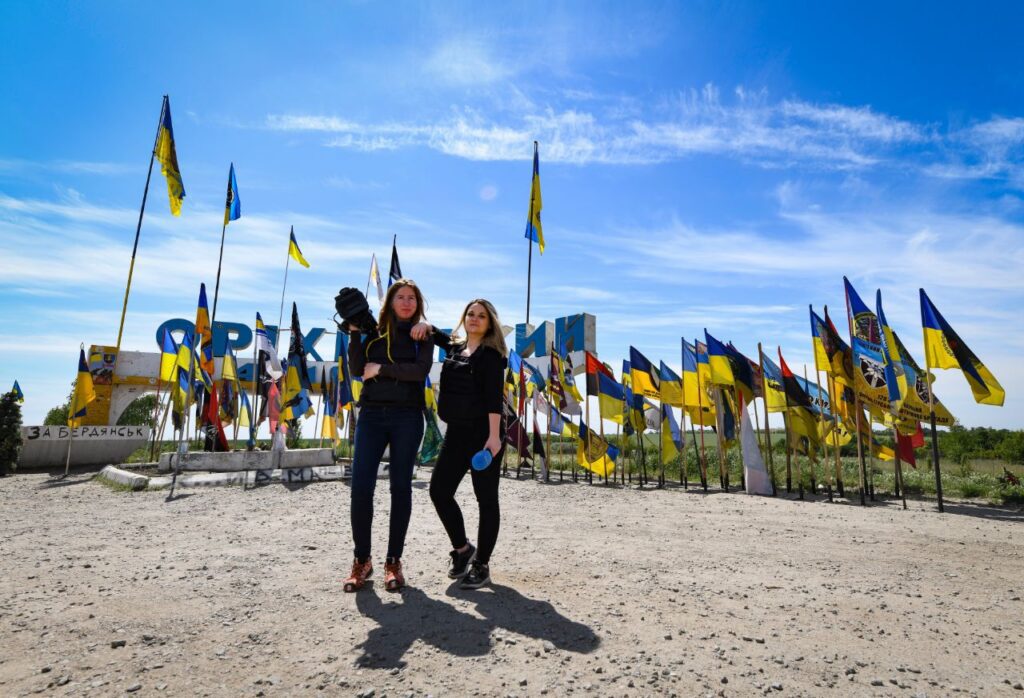
The hardest filming experience
One of my most harrowing experiences was covering the Russian attack on a convoy on the Orikhiv Highway on September 30, 2022. Thirty-two lives were lost as people waited in that line to evacuate. When we arrived, we weren’t allowed to approach for a long time. Eventually, we were given 10–15 minutes to work alongside many other journalists. The scene was devastating: scattered belongings, destroyed cars, and lifeless bodies both inside and outside vehicles. It was difficult to suppress my emotions, but we had to work quickly and efficiently. We documented the tragedy ethically, avoiding any graphic depictions. For days afterward, I couldn’t eat or sleep properly. That experience is etched in my memory and remains one of the most distressing assignments of the invasion.
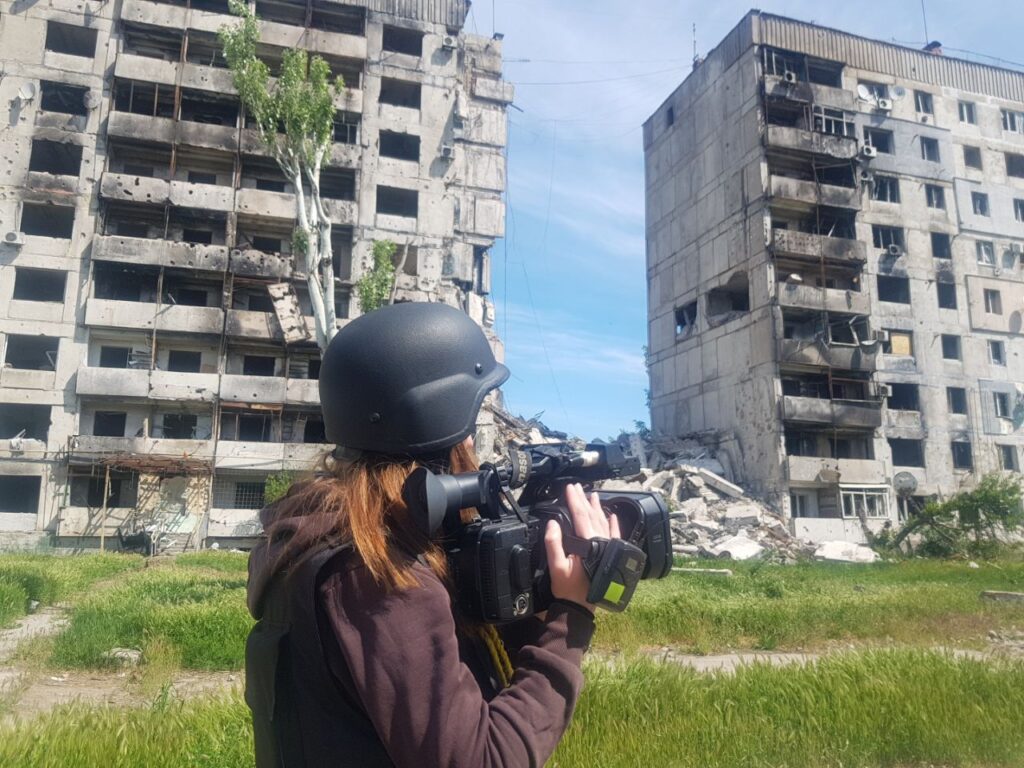
Moments of hope and strength
Despite the overwhelming grief, there are moments that uplift the soul. Ukrainians are incredibly resilient, unwavering in their belief in victory, and always ready to help one another. For example, during a trip to Stepnohirske, we met a grandmother who invited us into her home. As we spoke, she began making dumplings, despite living without water, electricity, or gas. She insisted we stay for lunch, trying to reassure us when we hesitated.
In Gulyaypole, people prepared borscht in basements under constant shelling. These small acts of normalcy amid chaos are inspiring. We’ve also seen war veterans rebuild their lives, opening businesses like cafes with the help of family and friends. It’s heartwarming to witness their resilience and determination. One of the most memorable moments was waiting two days to document the first evacuees from Azovstal. When we saw the buses on the horizon, we cried alongside those families. It was an incredible moment of relief and joy.
The devastation in frontline areas—villages like Gulyaypole, Orikhiv, and Stepnohirske—is heartbreaking. I often wonder if these places will ever be rebuilt and if people will return. This work is emotionally draining, and I’ve learned the importance of taking time to recover. Sometimes, I need to disconnect, turn off my phone, and sit in silence. Having a dog helps, as it forces me to take breaks and go for walks. In the warmer months, I enjoy riding my motorcycle to clear my head. Even so, I occasionally struggle with sleep and rely on melatonin.
The war has undeniably changed me, both psychologically and emotionally. Yet, I remain committed to living as normally as possible, staying optimistic, and continuing to tell these important stories. I love my job, the people I meet, and the stories I help share. Being the first to witness and document these events is a privilege, and while it’s challenging, it’s also deeply rewarding. Through my lens, I strive to convey my vision and the truth to the world.
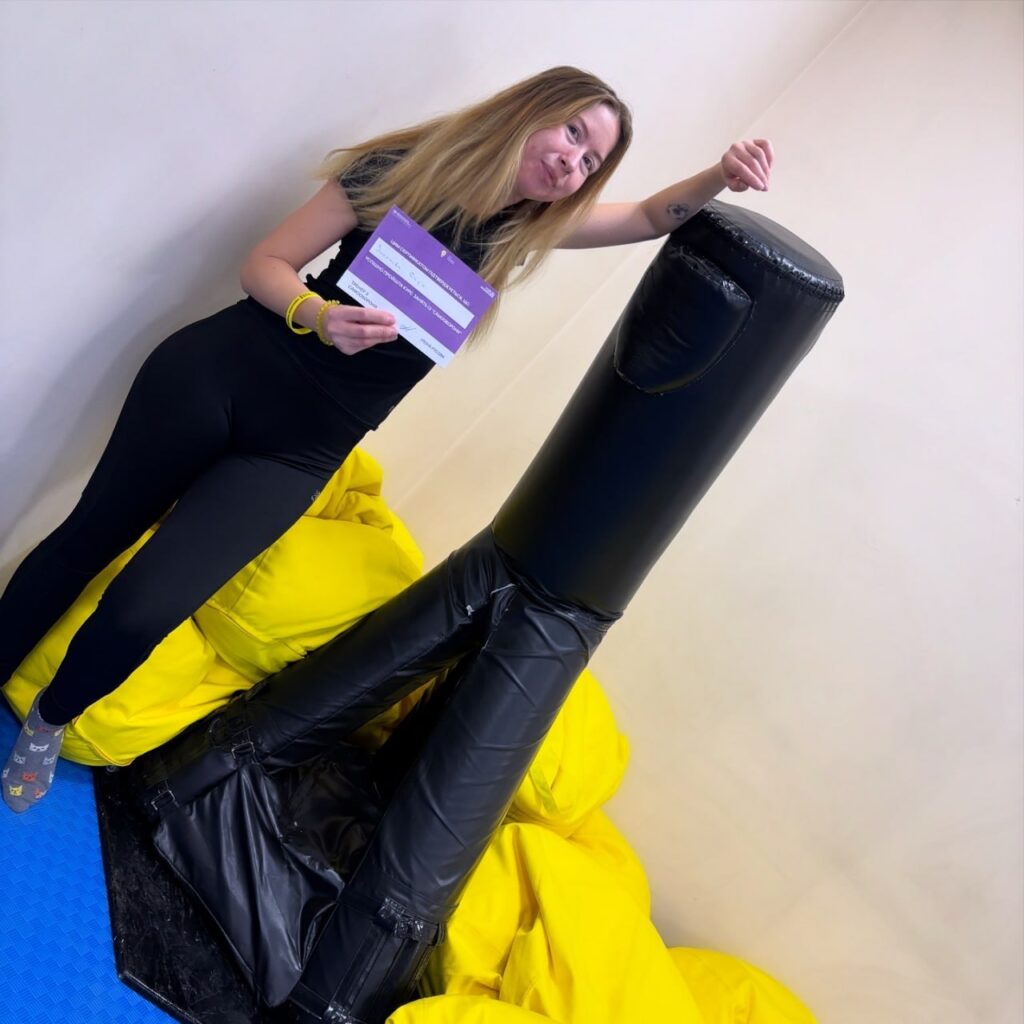
Created as part of the project “Raising awareness among target groups in Ukraine and abroad about Russian war crimes against journalists in 2024 and increasing public pressure for the release of captured journalists”, which is implemented by the National Union of Journalists of Ukraine with support of the Swedish non-profit human rights organization Civil Rights Defenders.

 THE NATIONAL UNION OF
JOURNALISTS OF UKRAINE
THE NATIONAL UNION OF
JOURNALISTS OF UKRAINE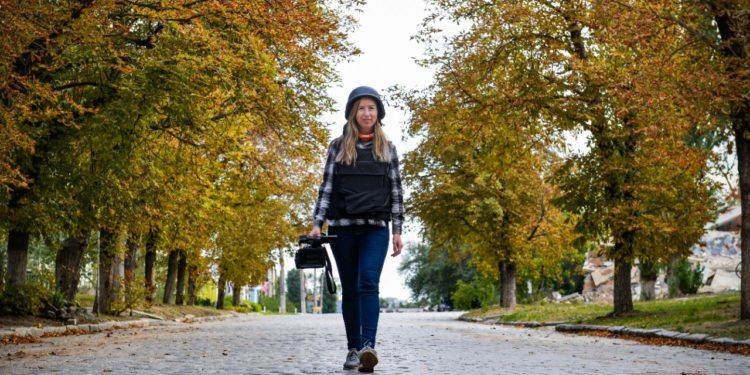
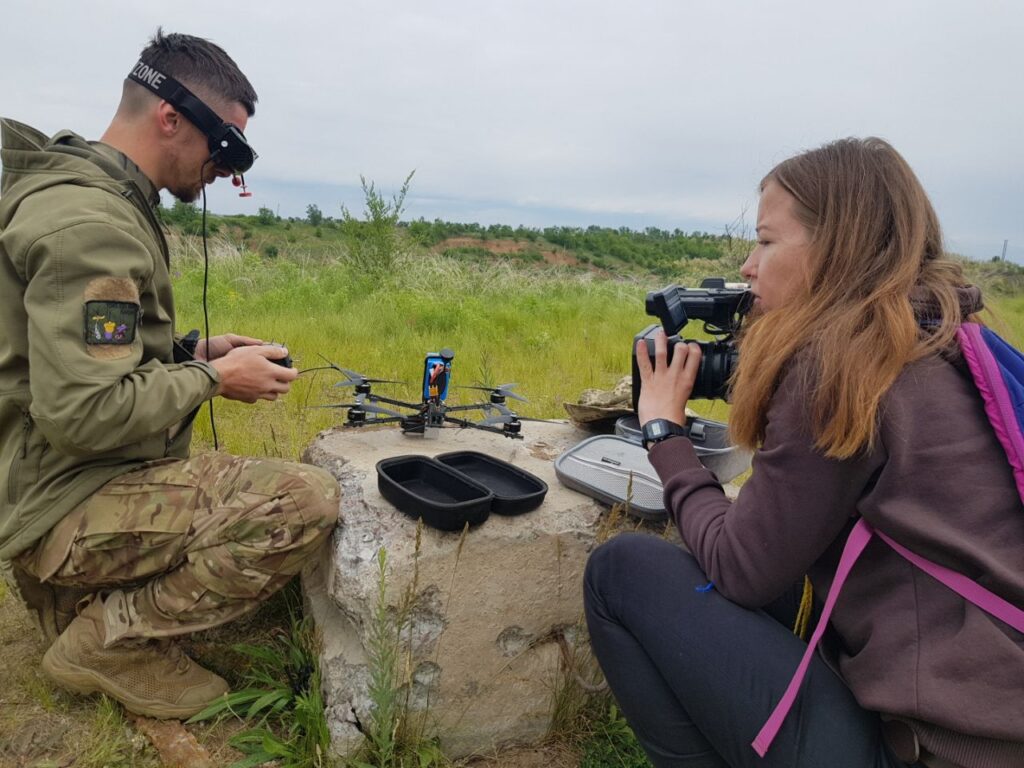
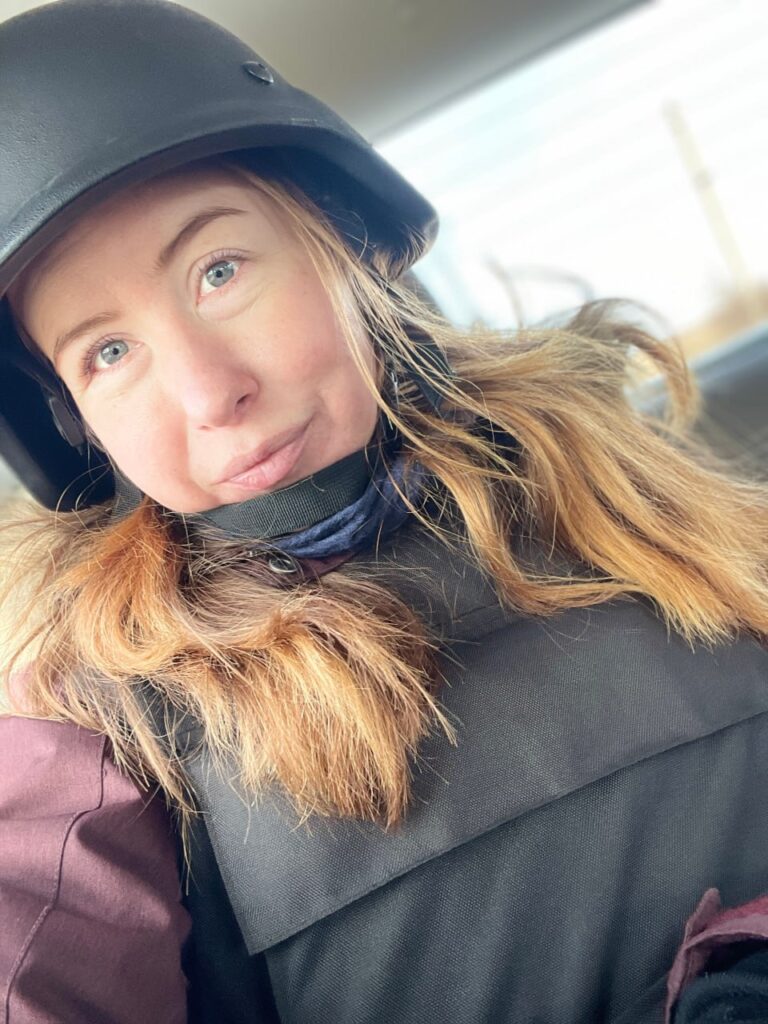


















Discussion about this post